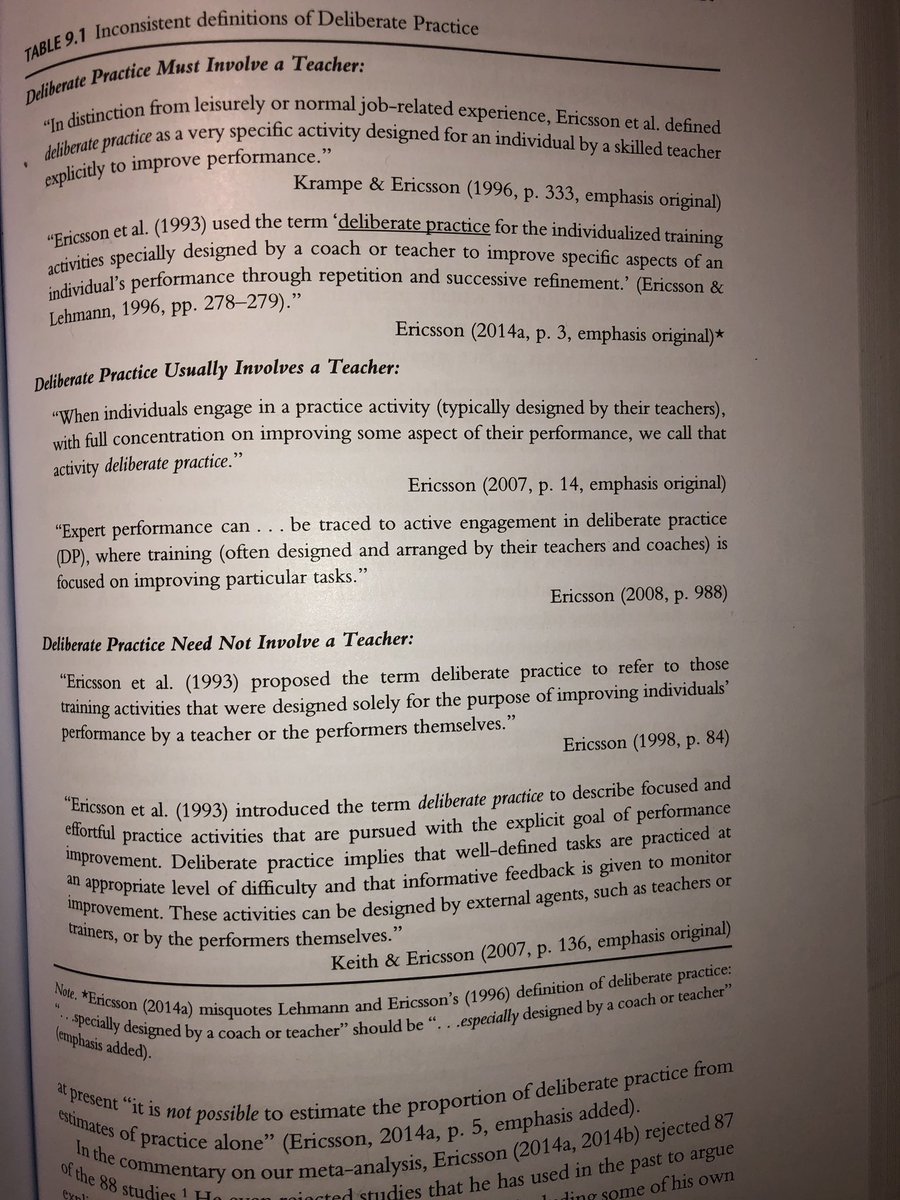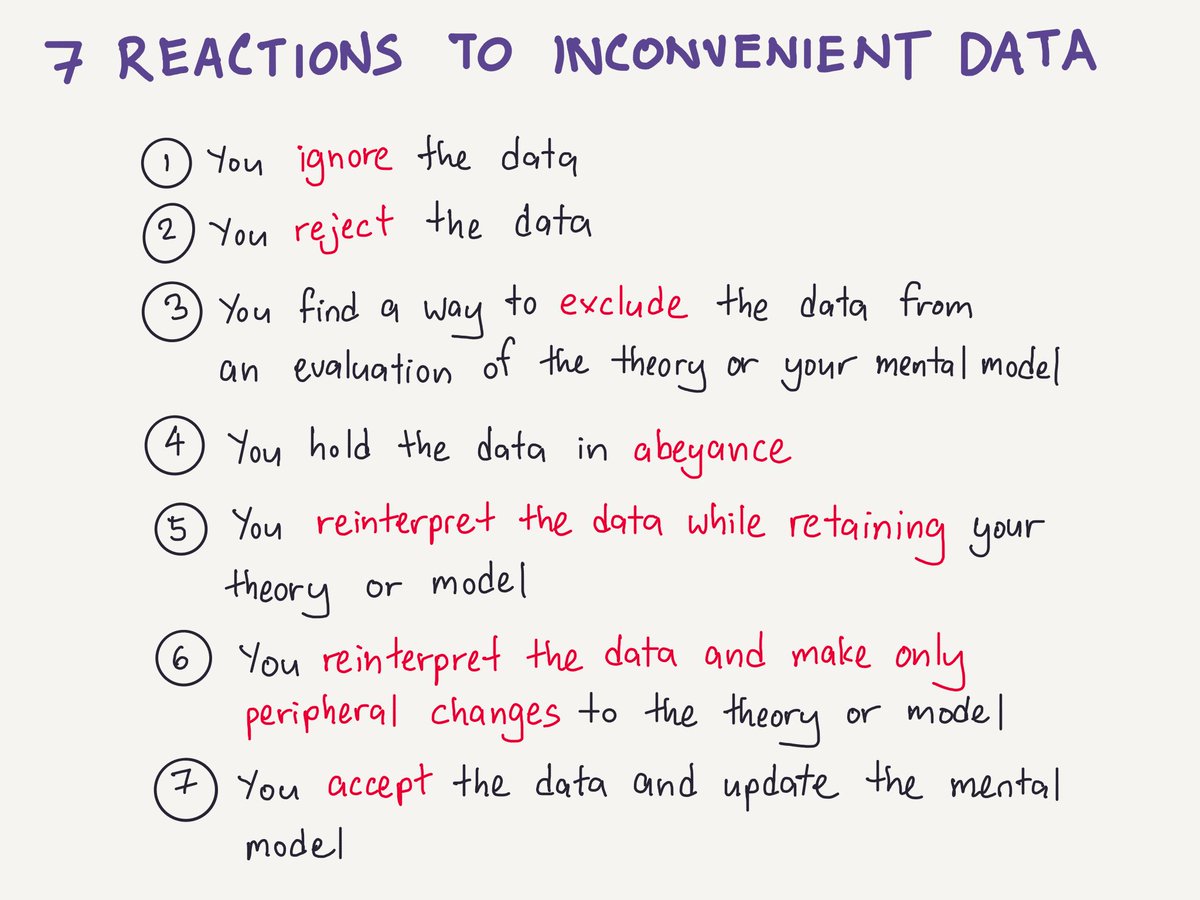
My podcast episode with @DRMacIver is live!
We talk about ways programmers harm themselves in their careers, mistakes non-technical people make when dealing with programmers, and what it was like pushing the boundaries of property testing.
We talk about ways programmers harm themselves in their careers, mistakes non-technical people make when dealing with programmers, and what it was like pushing the boundaries of property testing.
Podcast link is here: share.transistor.fm/s/43964a56
Also, possibly the best piece of fiction you'll ever read about software testing (I know, I know, but truly, it's great): archiveofourown.org/works/3673335
This episode's a little strange because I get to talk about software programming (and also culture things about software programming!) — which I don't get to do very often.
I think the bit I loved the most is what @DRMacIver has to say about dealing with programmers (~52:04).
I think the bit I loved the most is what @DRMacIver has to say about dealing with programmers (~52:04).
"I think the first thing that a novice would get wrong when talking to programmers is assume they're a lot angrier at them than they actually are. Because there's a strong argument culture in programming."
• • •
Missing some Tweet in this thread? You can try to
force a refresh







